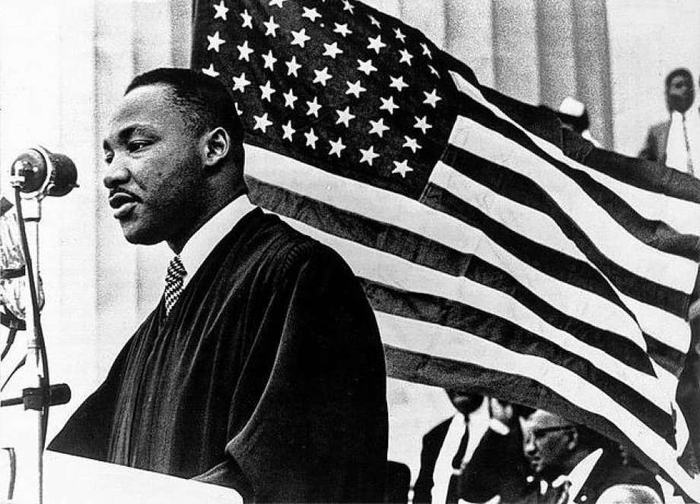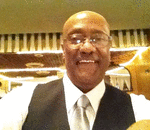
The Gandhi Society
Harry Wachtel joined King's legal advisor Clarence B. Jones in defending four ministers of the SCLC in the libel case New York Times Co. v. Sullivan; the case was litigated in reference to the newspaper advertisement "Heed Their Rising Voices". Wachtel founded a tax-exempt fund to cover the expenses of the suit and to assist the nonviolent civil rights movement through a more effective means of fundraising. This organization was named the "Gandhi Society for Human Rights." King served as honorary president for the group. He was displeased with the pace that President Kennedy was using to address the issue of segregation. In 1962, King and the Gandhi Society produced a document that called on the President to follow in the footsteps of Abraham Lincoln and issue an executive order to deliver a blow for civil rights as a kind of Second Emancipation Proclamation. Kennedy did not execute the order.
Birmingham campaign, 1963
In April 1963, the SCLC began a campaign against racial segregation and economic injustice in Birmingham, Alabama. The campaign used nonviolent but intentionally confrontational tactics, developed in part by Rev. Wyatt Tee Walker. Black people in Birmingham, organizing with the SCLC, occupied public spaces with marches and sit-ins, openly violating laws that they considered unjust.
King's intent was to provoke mass arrests and "create a situation so crisis-packed that it will inevitably open the door to negotiation. The campaign's early volunteers did not succeed in shutting down the city, or in drawing media attention to the police's actions. Over the concerns of an uncertain King, SCLC strategist James Bevel changed the course of the campaign by recruiting children and young adults to join in the demonstrations. Newsweek called this strategy a Children's Crusade.
During the protests, the Birmingham Police Department, led by Eugene "Bull" Connor, used high-pressure water jets and police dogs against protesters, including children. Footage of the police response was broadcast on national television news and dominated the nation's attention, shocking many white Americans and consolidating black Americans behind the movement. Not all of the demonstrators were peaceful, despite the avowed intentions of the SCLC. In some cases, bystanders attacked the police, who responded with force. King and the SCLC were criticized for putting children in harm's way. But the campaign was a success: Connor lost his job, the "Jim Crow" signs came down, and public places became more open to blacks. King's reputation improved immensely.
King was arrested and jailed early in the campaign—his 13th arrest out of 29. From his cell, he composed the now-famous "Letter from Birmingham Jail" that responds to calls on the movement to pursue legal channels for social change. King argues that the crisis of racism is too urgent, and the current system too entrenched: "We know through painful experience that freedom is never voluntarily given by the oppressor; it must be demanded by the oppressed." He points out that the Boston Tea Party, a celebrated act of rebellion in the American colonies, was illegal civil disobedience, and that, conversely, "everything Adolf Hitler did in Germany was 'legal'."[141] Walter Reuther, president of the United Auto Workers, arranged for $160,000 to bail out King and his fellow protestors.
 Posted By: Dea. Ron Gray Sr.
Posted By: Dea. Ron Gray Sr.
Monday, January 18th 2021 at 11:03AM
You can also
click
here to view all posts by this author...